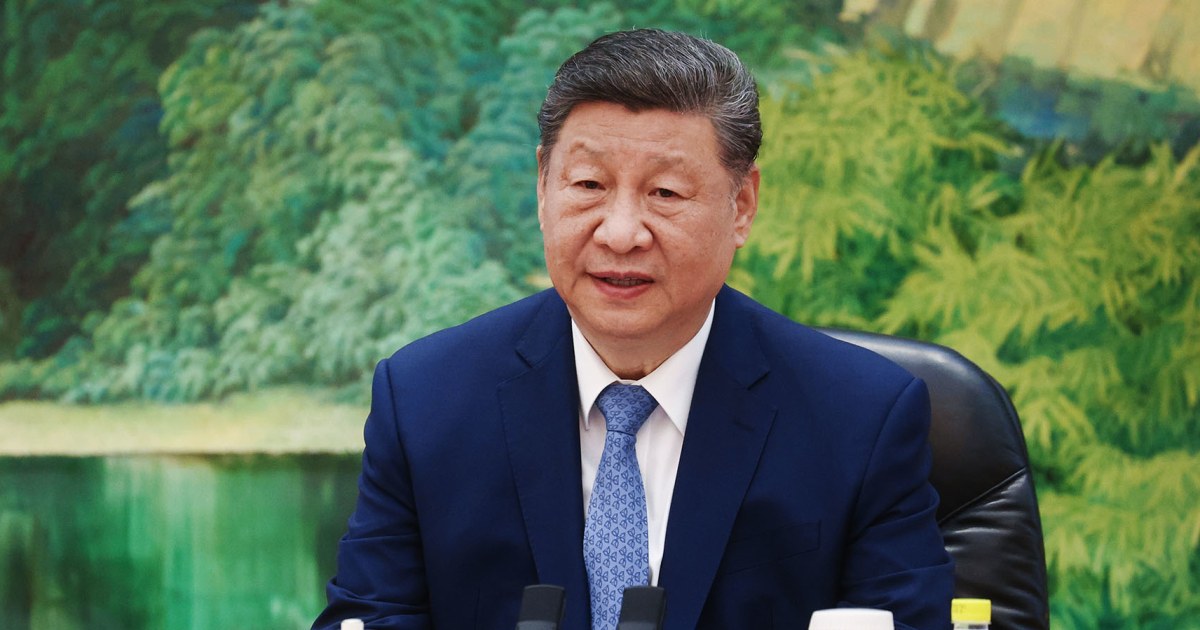Chinese President Xi Jinping Arrives in Tibet for 60th Anniversary Amidst Regional Tensions
Chinese President Xi Jinping Arrives in Tibet for 60th Anniversary Amidst Regional Tensions

Chinese President Xi Jinping has arrived in Lhasa, the capital of Tibet, for a significant visit marking the 60th anniversary of the Tibet Autonomous Region’s establishment. This marks Xi’s second trip to the region as China’s leader, underscoring Beijing’s focus on the strategically vital area.
The visit coincides with the 60-year milestone since the Communist Party founded the Tibet Autonomous Region in 1965, following the 14th Dalai Lama’s exile after a failed uprising. While the designation was intended to grant local ethnic minorities greater autonomy and religious freedom, international human rights organizations and exiles frequently criticize China’s rule as oppressive, a claim Beijing consistently denies.
During his engagements, state media quoted President Xi emphasizing the need to “maintain political stability, social stability, ethnic unity and religious harmony” in Tibet. He also reiterated the Party’s directive for Tibetan Buddhism to adapt to China’s socialist system, a stance previously highlighted during his last visit in July 2021.
Beyond the anniversary, Tibet holds immense strategic importance for China, particularly due to its extensive border with India, a flashpoint for past military clashes. Xi’s arrival in Tibet notably coincided with a rare diplomatic trip by China’s top diplomat, Wang Yi, to India this week, aimed at mending ties strained by a deadly 2020 border skirmish. Furthermore, the region’s abundant natural resources, including significant hydropower potential, are a key focus, with Xi advocating “vigorous” pursuit of projects like the latest mega hydropower initiative, despite concerns from downstream India, as part of China’s carbon reduction goals and protection of Asia’s “water tower.”
The high-profile delegation accompanying Xi, including top-ranked party officials Wang Huning and Cai Qi, signals the importance Beijing places on this visit and its messaging regarding governance and development in the contested region.
Disclaimer: This content is aggregated from public sources online. Please verify information independently. If you believe your rights have been infringed, contact us for removal.